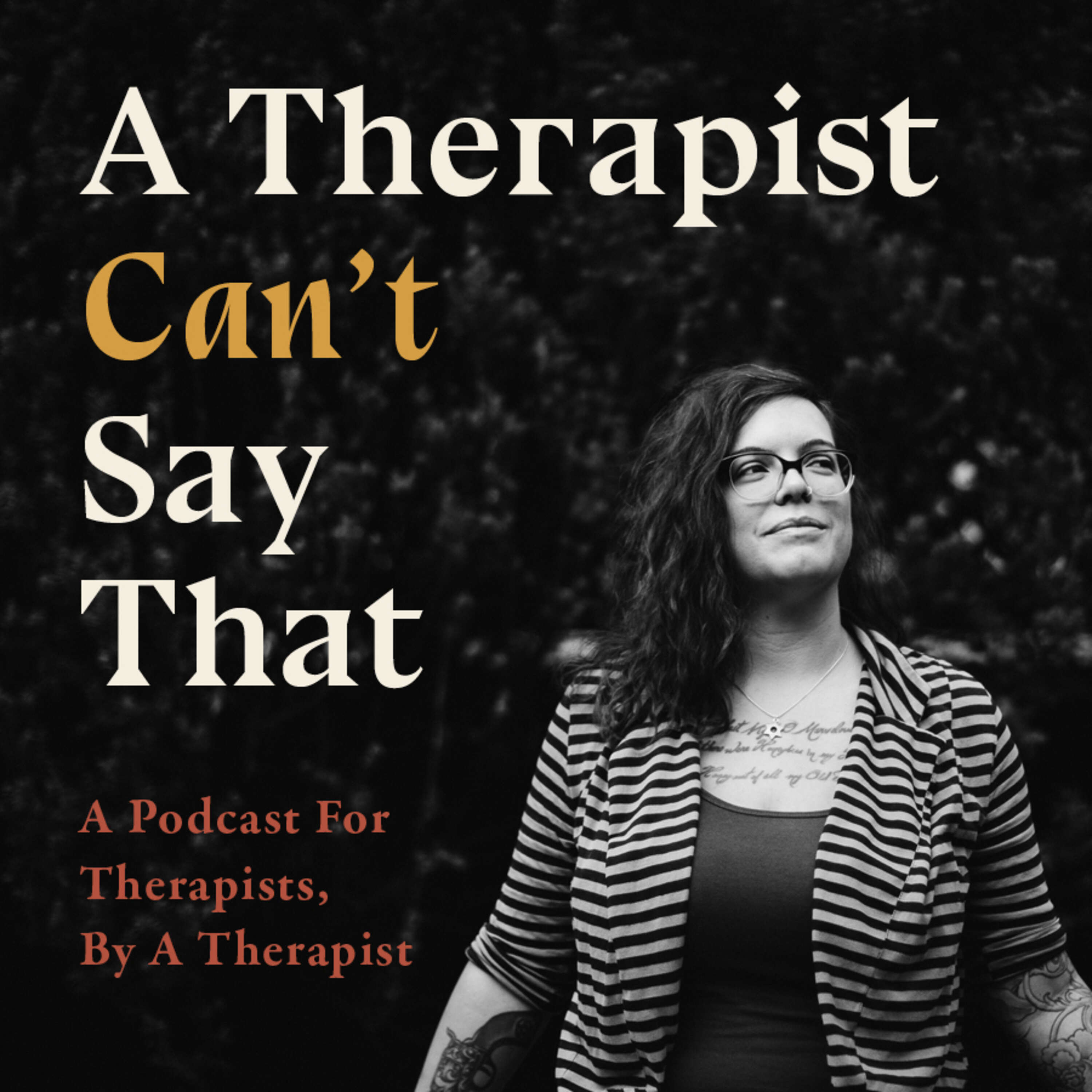- After-Shows
- Alternative
- Animals
- Animation
- Arts
- Astronomy
- Automotive
- Aviation
- Baseball
- Basketball
- Beauty
- Books
- Buddhism
- Business
- Careers
- Chemistry
- Christianity
- Climate
- Comedy
- Commentary
- Courses
- Crafts
- Cricket
- Cryptocurrency
- Culture
- Daily
- Design
- Documentary
- Drama
- Earth
- Education
- Entertainment
- Entrepreneurship
- Family
- Fantasy
- Fashion
- Fiction
- Film
- Fitness
- Food
- Football
- Games
- Garden
- Golf
- Government
- Health
- Hinduism
- History
- Hobbies
- Hockey
- Home
- How-To
- Improv
- Interviews
- Investing
- Islam
- Journals
- Judaism
- Kids
- Language
- Learning
- Leisure
- Life
- Management
- Manga
- Marketing
- Mathematics
- Medicine
- Mental
- Music
- Natural
- Nature
- News
- Non-Profit
- Nutrition
- Parenting
- Performing
- Personal
- Pets
- Philosophy
- Physics
- Places
- Politics
- Relationships
- Religion
- Reviews
- Role-Playing
- Rugby
- Running
- Science
- Self-Improvement
- Sexuality
- Soccer
- Social
- Society
- Spirituality
- Sports
- Stand-Up
- Stories
- Swimming
- TV
- Tabletop
- Technology
- Tennis
- Travel
- True Crime
- Episode-Games
- Visual
- Volleyball
- Weather
- Wilderness
- Wrestling
- Other
Ep 16 - Marketing With Integrity
On episode 15, creative director and brand strategist Rachael Kay Albers said something that I have been turning over and over in my mind since:
Marketing artificially accelerates the pace of human relationships.
As soon as I heard her say that, something started to click for me about why therapists tend to dislike marketing, and it centers around the concept of artificiality.
We see artificiality as phony or fake, as standing in opposition to authenticity. And therapists love to see ourselves as being driven by authenticity. We want to get under the external layers and into the real, raw stuff. It’s what we do.
It’s not exactly a revelation that the primary complaint I hear from therapists about marketing is that it feels fake or superficial or inauthentic.
But Rachael’s comment made me realize it goes deeper than that. And it can’t be remedied by telling us to just be authentic or ethical or don’t be a slime ball and overpromise results.
What’s really happening is that we accurately perceive that marketing manipulates and speeds up the pace of our relationships with our clients. And we do not like that.
But the more I think about it, the more I ask myself, aren’t we doing that anyway by the very nature of the work we do? Isn’t there a layer of artifice inherent and necessary to the work that we do?
Listen to the full episode to hear:
What aspects of our relationships with clients our marketing speeds up and why that’s not the worst thing
Why artifice and authenticity are not opposites, or mutually exclusive in our practices
How a measure of artifice can actually facilitate authenticity and be in alignment with our integrity
Learn more about Riva Stoudt:
Into the Woods Counseling
About Riva
Instagram
Resources:A Therapist Can’t Say That Ep 15: Is Ethical Marketing Possible? with Rachael Kay Albers

